The only option left for Syrians is to demand a political settlement.
Images of dead bodies laid out on floors wrapped in white cloths, with no sign of blood or injury, circulated across social and news media last week to signal another horrific stage of the Syrian war. As of August 24, Doctors without Borders has indicated that many patients treated in the aftermath of the attack in eastern Ghouta had "neurotoxic symptoms," though they stressed they can neither confirm scientifically nor establish causality. Since then, several other groups — including the Violation Documentation Center — have left little doubt that some sort of chemical attack did indeed occur.
The mass scale of suffering in Syria, upwards of 100,000 killed and millions displaced, should not numb us to the fact that this was a major crime that, like other killings that have taken place inside Syria, should be impartially and independently investigated.
The government accused the rebels of a false flag operation, as have other observers arguing for the implausibility of a government attack while UN inspectors were in Syria for the first time in over a year — stationed several miles away from the assault. Why should the government attack now when it seems to be winning the war with conventional weapons? If confirmed, it would be the only scenario that might trigger more aggressive US and/or European armed intervention.
A rebel attack seems equally implausible. If rebels are indeed able to manufacture such a large scale chemical attack, and murderous enough to use these weapons on civilians, why not attack government forces and change the tide of the war, instead of choosing territory sympathetic to the uprising and outside regime control?
Logic and reason are therefore not sufficient means of investigating such actions or attributing culpability. There are other interpretations that are also plausible: that the regime initiated the attack in response to a perceived or actual escalation by the rebels (including reported US and US-trained special operations units advancing towards Damascus); that defectors connected with the opposition and launched the attack to spur international intervention by implicating the regime; or finally, that the command structure is disintegrating within the Syrian government, a topic that has consumed many reports of late.
Necessary to Push for Political Settlement
What should be the response to these events? The answer for those who care about the fate of Syrians is the same as it has been to the ongoing violence previously, which is to push for a political settlement and an immediate cessation of violence coupled with humanitarian aid for Syrians.
A US- or NATO-led attack, which appears to be imminent, is likely to be disastrous for Syrians (as well as Lebanese and Palestinians). If the attack is intense enough to completely destroy the Syrian regime, it will destroy whatever is left of Syria. If it is not, it will leave the regime in place to retaliate where it is strong, against its internal enemies, except now having its nationalist credentials bolstered as having fought off US aggression.
Either way, the strike will be devastating to millions inside Syria, not to mention the millions of refugees and internally displaced populations, who are living hand to mouth and who depend on daily humanitarian aid that will surely be disrupted or stopped. There is no such thing as a surgical strike, and no possibility in a country as densely populated as Syria for an attack that does not incur civilian casualties. This is excluding the fact that US foreign policy in the Middle East, past and present, including its own complicity in chemical weapons attacks, makes it impossible not to be cynical about the motives behind this attack. Moreover, in the past two years, people within the region became convinced that US policy towards Syria is dictated — as before — by what benefits Israel, which had not desired a total regime collapse but was benefitting from a perpetual conflict in its northern border so long as it remained contained.
I have heard a refrain over the past two years after every escalation in the conflict that "things cannot get any worse." Partly under this banner, the turn to militarization was first nervously justified then embraced, and crippling economic sanctions were imposed. In each case, the rate of death and suffering dramatically escalated and conditions got much worse — not for the regime, but for ordinary Syrians.
A political settlement would be the beginning, not end of the struggle. Right now, the struggle is drowned out by a war of annihilation that is also a proxy war by regional countries at the expense of Syrians. There is no doubt that the Syrian regime has waged a war of destruction against its own people with decisive material and political support from Iran and Russia, and that it bears the primary responsibility for the violence. It has not shown a serious inclination for anything other than total victory.
However, from the start of the uprising, the Gulf countries immediately saw the opportunity to defeat Iran in Syria and have used their money and arms to highjack the uprising and the language of the revolution in the benefit of a sordid counterrevolutionary agenda. This has led Iran to become more entrenched in its support of Syria, and to increase its support at every turn. The United States and its allies were setting up the possibilities for an endless civil war. The fact that the United States is threatening to strike now has nothing to do with the welfare of Syrians, and everything to do with the United States maintaining its own "credibility," its position as a hegemonic power.
It is hard to avoid the hopeless feeling that Syrians have lost almost all agency over their collective future. The European Union, Gulf, and the United States may very well increase armaments to the rebels, the United States may launch cruise missiles into Syria, NATO may impose a no-fly zone or invade part or all Syrian territory. But whatever actions take place, continuing to claim them in the interests of the Syrian people is simply an exercise in public relations and deception.
Both the supporters of the government and the rebels continue to frame the possible outcomes of the conflict as either a victory for the government or the rebels — a way to avoid coming to terms with the third possibility: that both sides have already lost. The only option left for Syrians still interested in stopping the fall further down the abyss is to demand a political settlement and massive aid to help heal the mass humanitarian catastrophe inside Syria and the neighboring countries. It would be the beginning of politics and possibilities — very bleak ones as things stand, but nevertheless ones that do not now exist.
*[This article was originally published by Jadaliyya.]
The views expressed in this article are the author's own and do not necessarily reflect Fair Observer’s editorial policy.
Image: Copyright © Shutterstock. All Rights Reserved
Support Fair Observer
We rely on your support for our independence, diversity and quality.
For more than 10 years, Fair Observer has been free, fair and independent. No billionaire owns us, no advertisers control us. We are a reader-supported nonprofit. Unlike many other publications, we keep our content free for readers regardless of where they live or whether they can afford to pay. We have no paywalls and no ads.
In the post-truth era of fake news, echo chambers and filter bubbles, we publish a plurality of perspectives from around the world. Anyone can publish with us, but everyone goes through a rigorous editorial process. So, you get fact-checked, well-reasoned content instead of noise.
We publish 2,500+ voices from 90+ countries. We also conduct education and training programs
on subjects ranging from digital media and journalism to writing and critical thinking. This
doesn’t come cheap. Servers, editors, trainers and web developers cost
money.
Please consider supporting us on a regular basis as a recurring donor or a
sustaining member.
Will you support FO’s journalism?
We rely on your support for our independence, diversity and quality.



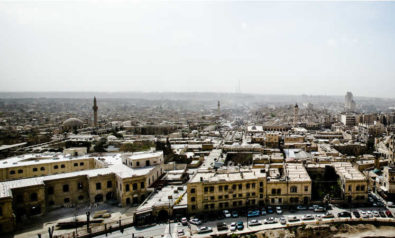
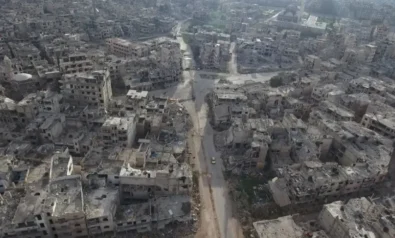
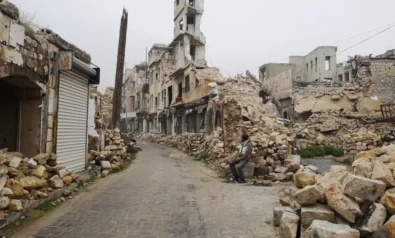

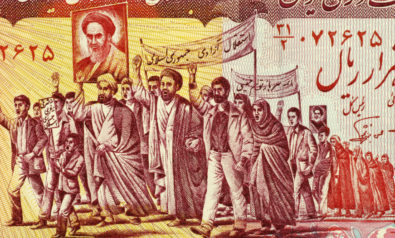

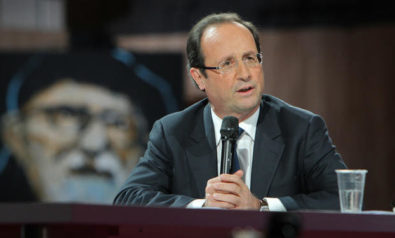
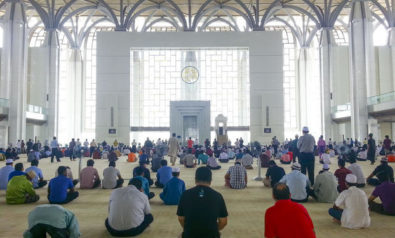
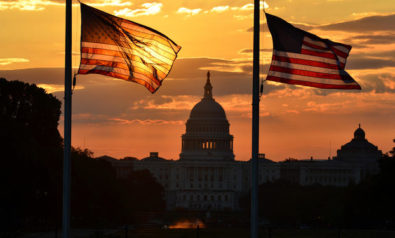
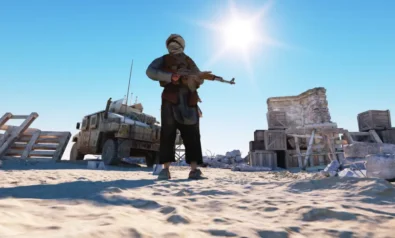
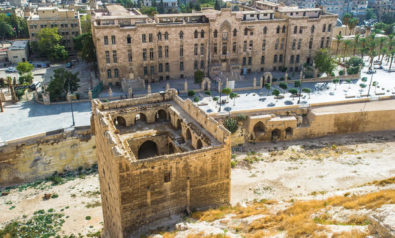
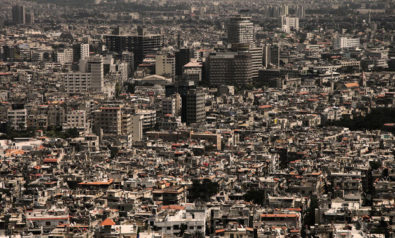

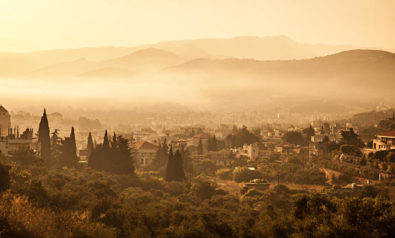
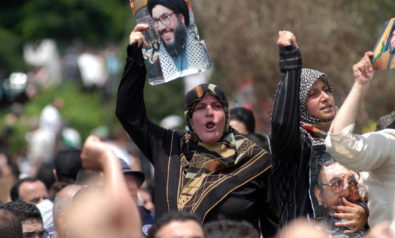



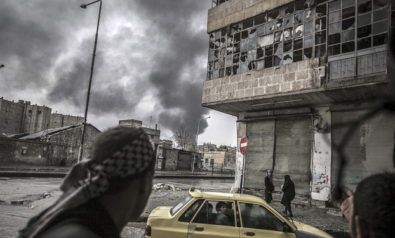

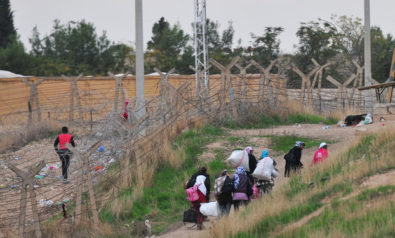
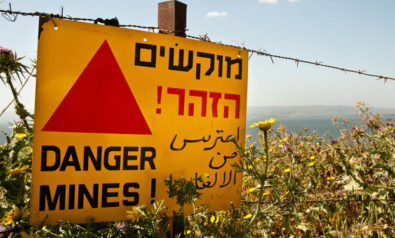
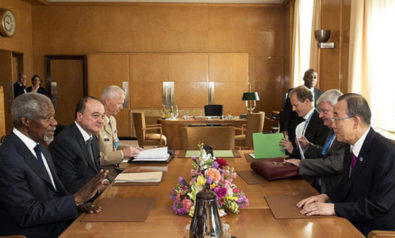

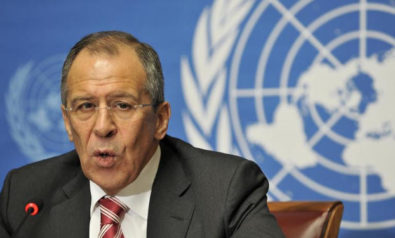

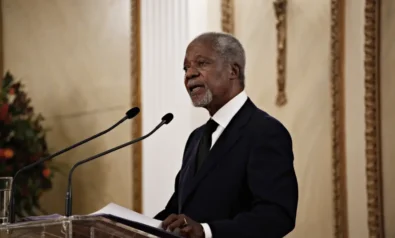
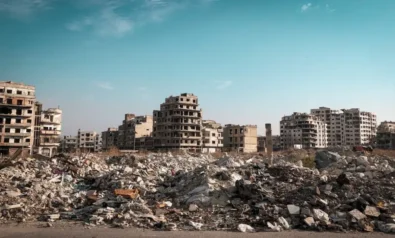
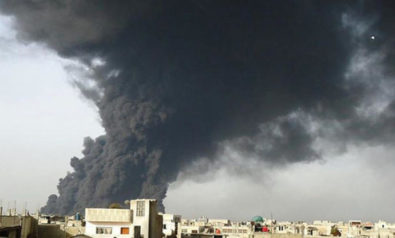

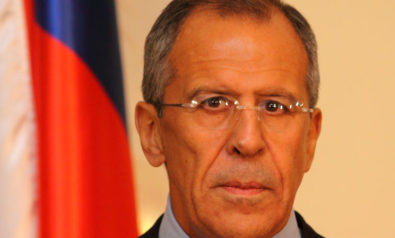
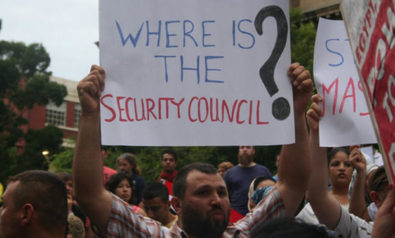
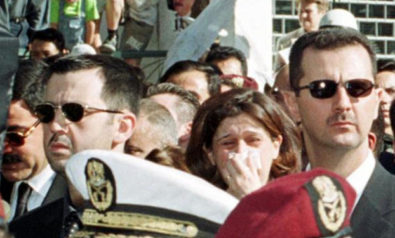
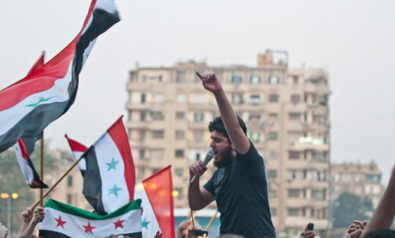
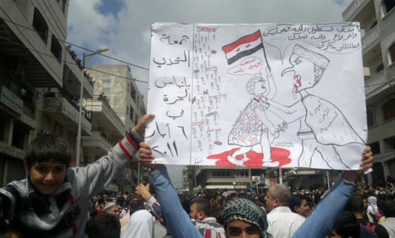
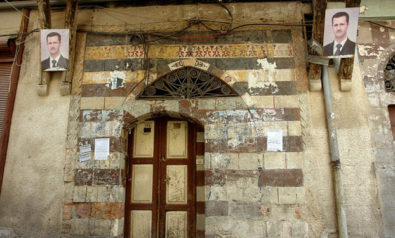

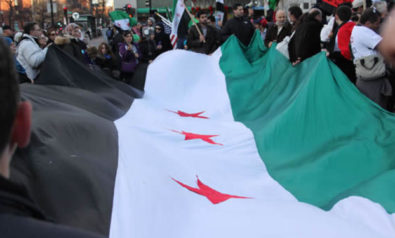

Comment